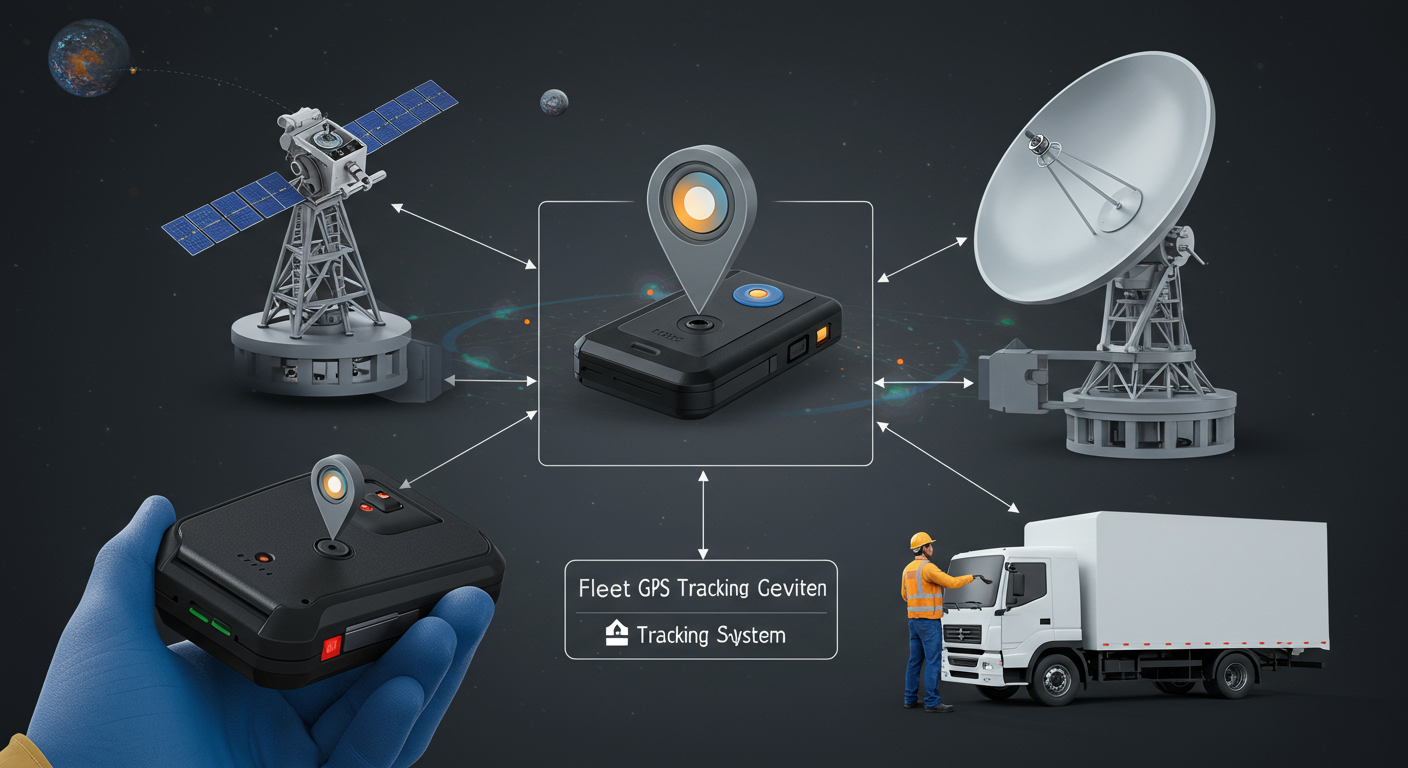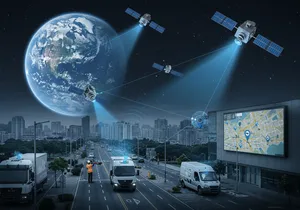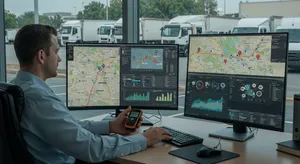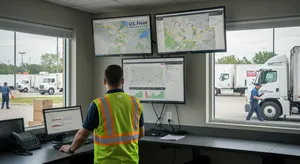Core GPS Tracking Capabilities
- Real-time asset location monitoring with sub-meter accuracy
- Automated geofence alerts and boundary violation notifications
- Historical route analysis and movement pattern tracking
- Multi-device compatibility across smartphones, tablets, and dedicated hardware






